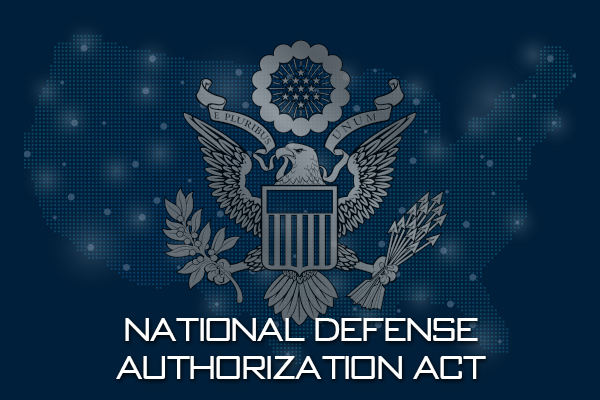Various bills pass through Congress annually to pass budgets for different purposes and departments within the U.S. government. In such a benign bill, a boost for private wireless hopes was included. The National Defense Authorization Act (NDAA) was passed at the tail end of December 2023, authorizing a total of $886 billion for defense. One provision that was included amongst its thousands of pages was a call for the Defense Department to install private wireless networks on military bases.
Private wireless’ security abilities make it a logical choice for such clandestine needs. The Defense Department’s strategy includes developing the ability to bring private networks to military installations, as well as other facilities. Federal News Network also noted that the legislation requires the Secretary of Defense to streamline the process of future updates to the networks when they become available.
The exact text says this, “The secretary shall establish a department-wide process under which a public wireless network service provider of fifth-generation information and communications capabilities may gain access to a military installation or other facility of the department to provide commercial subscriber services to military and civilian personnel of the department (including contractor personnel) located at, and organizational elements of the department maintained at, such installation or facility.”
The website C4ISRnet looked into further use of private wireless among Pentagon leadership. Defense department officials noted that they want the most secure access possible, and infrastructure in far-flung locations make it difficult at times. There are use cases that are important though, like bringing private capabilities to island chains for long-range coverage. Taiwan and other Pacific islands would be easy examples of where such use would be effective under those guidelines.
The bill also includes a provision that the secretary can work with allies and partners globally to improve implementation of the strategy. Important partner countries like Sweden include Ericsson, a leading expert in private wireless. Together, the knowledge of the U.S. and our partners will make us safer, aided by the deployment of more private networks. To read more on the bill, visit the federalnewsnetwork.com or c4isrnet.com. To learn more about Private LTE, return to locallte.com.


